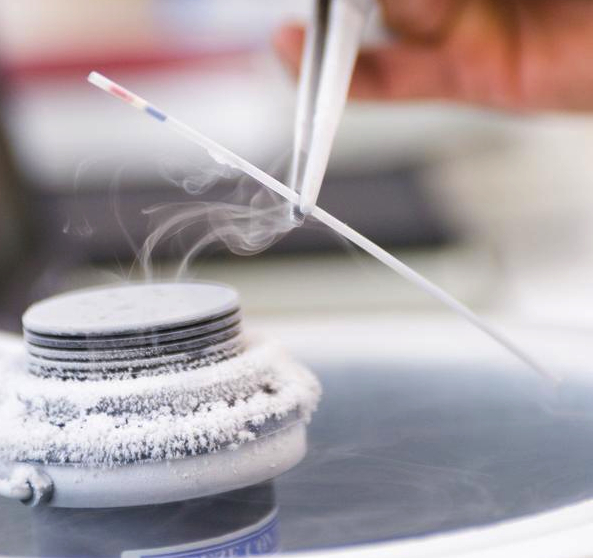In a new meaning of “fertility dance,” a woman’s moves on the dance floor may reveal captivating clues about her current likelihood of getting pregnant.
Women in the fertile phase of their menstrual cycle are judged as more attractive dancers by men than are women in a less-fertile phase, a new study finds. The research suggests that ovulation is not as hidden in humans as scientists had once suspected, said study researcher Bernhard Fink of the University of Göttingen in Germany.
“These changes are subtle, and women may not always be consciously aware of them. However, men seem to derive information on women’s fertility status from these cues,” Fink told LiveScience.
Hints of fertility
Earlier studies have found hints that women’s behavior changes slightly during fertile phases, from an increase in sexual desire to a preference for strong-jawed men. Research also suggests that men prefer the voices, smells and even facial attractiveness of women during fertile compared with nonfertile phases. One famous 2007 study even found that exotic dancers get better tips during the fertile phases of their cycle.
Those exotic dancers came into close contact with their clients, meaning that their possibly increased allure during fertile phases could have been a result of movement, smell or some other factor. In the new study, Fink and his colleagues reduced the variables to a question of movement only.
The researchers asked 48 women ages 19 to 33 to dance to an identical drumbeat during both the late follicular, or fertile phase, of their cycles and the nonfertile mid-luteal phase. Fertility was gauged by counting back from the woman’s last period. Two hundred men, mostly undergraduate and graduate students, were then shown silhouettes of the women dancing. Hair was pulled back and the women wore identical form-fitting outfits to reduce the differences between them.
The results revealed that though the men had no idea fertility was even being studied, they judged fertile women as more attractive dancers than women in their nonfertile phase. The researchers also captured video of the women’s silhouettes walking and found that fertile women’s gait was also judged more attractive than nonfertile women’s. Read full article.



